Nigeria Election Violence Tracker
Situation Summary:
13 December 2022 – 15 January 2023
19 January 2023
Summary
2023 began with a new round of violent events that led the chairman of Nigeria’s Independent National Electoral Commission (INEC) to raise concerns – later denied – over a possible postponement of the elections. Among the reported incidents were attacks against INEC offices and staff, assassinations of candidates, and violent incidents between party supporters. Military operations against jihadist and bandit groups in the North West and North East also caused dozens of casualties. On the political front, INEC has also made several key announcements in the lead-up to the election. Notably, they announced the total number of confirmed registered voters and an extension to the collection of permanent voters’ cards at the ward level. Political parties and politicians continue to prepare for the upcoming election, unveiling platforms with diaspora and diplomatic communities and announcing prestigious endorsements.
Political Developments
- INEC makes major announcements concerning voters: INEC has confirmed that 93,469,008 eligible voters will decide the 2023 general elections. While the breakdown shows a substantial increase in the number of registered voters in most geopolitical zones, the North West hosts the greatest share of voters. The traditional vote banks of Kano and Kaduna in the North West and Lagos in the South West remain the states with the most eligible voters, but Rivers (South South), Oyo (South West), and Benue (North Central) have seen substantial increases when compared to 2019. These shifts empower the G-5, a group of five governors of Benue, Oyo, Enugu, Abia, and Rivers states, who are at odds with the national leadership of the Peoples’ Democratic Party (PDP) and increase their leverage ahead of the presidential election.
- Voter breakdown shows potential for youth disruption: INEC’s final voter breakdown shows that voters aged 18-34 are the largest cohort of voters (40%), while students make up the largest demographic in terms of occupational distribution (28%). Boosting turnout among the youngest segments of the population will therefore be decisive in the key battleground states. Additionally, INEC has extended the deadline for the collection of voter cards by a week, to 29 January; this will also play a role in if the voter turnout increases during this election cycle.
- Former President Obasanjo endorses Obi: Olusegun Obasanjo, Nigerian president between 1999 and 2007 for the PDP, endorsed Labour Party (LP) candidate Peter Obi for president. The Obi campaign promoted the endorsement of Obasanjo, who currently holds the position of the African Union’s special envoy for the Horn of Africa. For their part, the All Progressives Congress (APC) and the PDP tried to play down the potential impact of the endorsement, while also attacking the former president. At the same time, prominent Ijaw leader Chief Edwin Clark also endorsed Obi for president. Despite the media frenzy, endorsements in Nigeria have traditionally had limited impact.
- More candidates make the trip to Chatham House: LP candidate Peter Obi and New Nigeria People’s Party’s candidate Rabiu Kwankwaso were the latest presidential nominees to be hosted at Chatham House in London on 16 and 18 January, respectively. APC candidate Bola Tinubu instead spoke to the diaspora and diplomatic communities at Chatham House on 6 December. The recent interventions touched upon their respective presidential platforms, presenting themselves as an alternative in a contest expected to be dominated by the APC and the PDP.
Security Developments
- Yet more attacks on INEC facilities: Another five attacks targeted INEC facilities during the reporting period. In the most violent incident, four people were reportedly killed during an armed attack on the INEC headquarters in Owerri, Imo state, on 12 December. The police command blamed the Indigenous People of Biafra (IPOB) for the attack. Other attacks were reported in the Isu Local Government Area (LGA) of Imo, and in Anambra and Edo states. There was an attack in Enugu South local government on 15 January. Following this recent string of attacks, INEC warned that widespread insecurity could result in postponing the polls. The chair later denied these statements, affirming that “the commission is not contemplating any adjustment to the election timetable.”
- PDP chieftain assassinated in Oyo state: A chieftain of the PDP, Mudashiru Baraka, was killed on 28 December in his family compound in Oyo town. The local section of the PDP accused the APC of inciting violence against rivals and arming the mobs who macheted Baraka to death. The APC denied these claims. Police have arrested multiple people in the investigation following the murder. This latest assassination came against the backdrop of ongoing infighting between supporters of political parties and several assaults against party members and candidates.
- Edo train station attack: An armed group suspected to be Fulani herdsmen attacked the Igueben Train Station in Igueben, Edo state and abducted 31 passengers waiting to board a train. The assailants, armed with AK-47 rifles, invaded the train station and fired multiple shots. Some passengers sustained bullet wounds. Police and vigilantes later rescued five victims, including a retired police officer, a woman, and three kids.
Data Snapshot
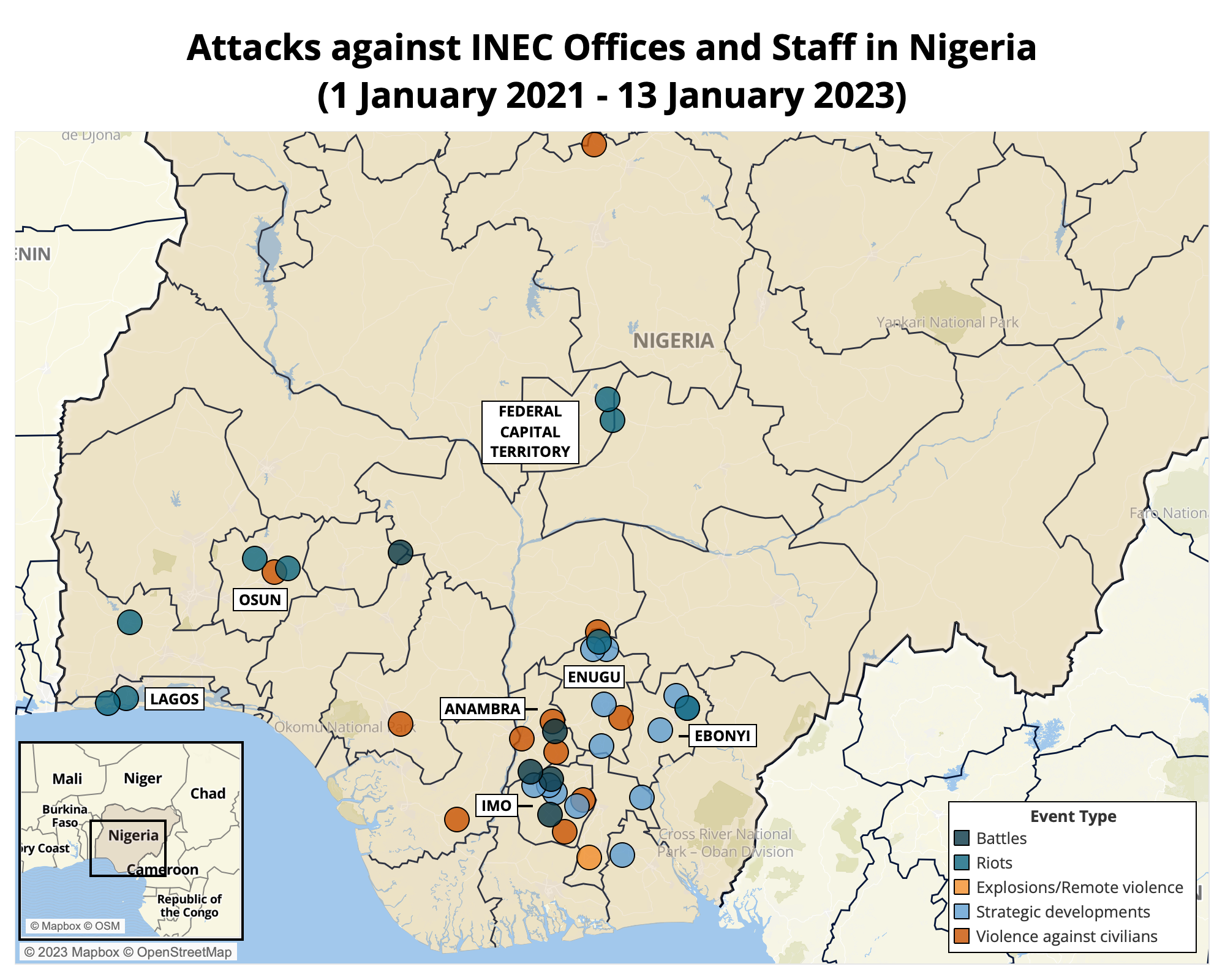
Highlights from the Regions
North West
Military forces continued to wage heavy offensives against militants in the North West. On 12 December, the Nigerian Air Force fired rockets at and destroyed the house of a Kaduna militia leader called Alhaji Lawan around Ligarma, in Igabi LGA of Kaduna state. The Nigerian Air Force provided additional support to ground troops conducting clearance operations in the area. Several militiamen were reportedly killed, and their camps were destroyed. Ground forces, including police, supported the air operation by blocking the roads leading to the LGAs and conducting house-to-house searches to prevent the militias from fleeing the assault. A botched airstrike by the Nigerian military reportedly killed an estimated 64 people in Mutumji, a village situated in Maru LGA of Zamfara. The victims reportedly included armed bandits as well as civilians, among them women and children. The air force intervened on 18 December after residents of Malele, Ruwan Tofa, and Yan-Awake communities called on the military to protect them from raiding bandits. Other security incidents were reported in Katsina state, where militants attempted to abduct residents from the Dutsinma area, and in Sokoto, where gunmen reportedly killed three men and abducted another 10 near Sabon Birni.
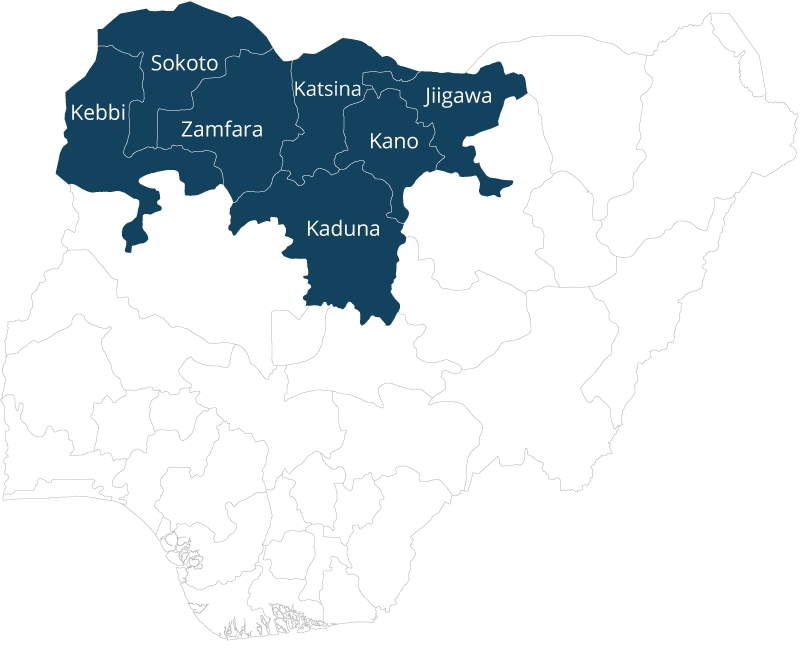
North Central
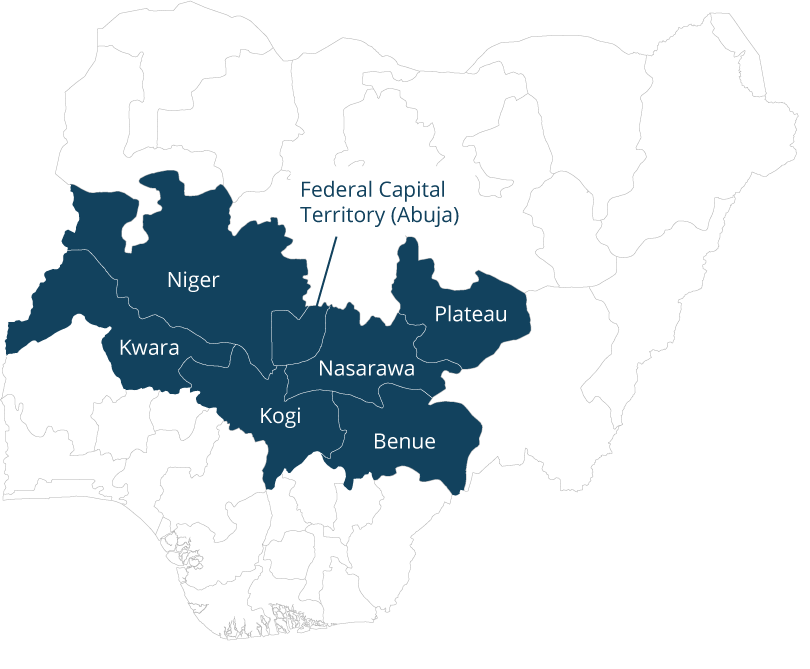
A string of abductions were reported across the North Central region. On 21 December, unidentified gunmen abducted a woman from her house in Ogane-Aji-Anyigba in Dekina LGA, Kogi state. The kidnappers initially made a ransom request of two million Nairas (NGN) before settling for a sum of 300,000 NGN (about US$650). On 10 January, an unidentified armed group abducted another 15 people in Kwara state, including a community leader from the Oluwalose community. The kidnappers invaded the community on motorcycles and took the victims. Abductions did not spare even the Federal Capital Territory. On 3 January, an unidentified armed group reportedly killed one of the 16 people that were abducted on 11 November as they were returning to Kuje. Another four men were abducted on 1 January in Kubwa LGA.
The North Central states also grappled with a new round of pastoralist-farmer conflicts that have long marred the region. On 14 December, an unidentified armed group killed cows belonging to Fulani pastoralists in Adaka community of Benue state, after the cows reportedly invaded residents’ rice farms. In a separate development, on 8 January, Fulani gunmen reportedly killed a farmer in Eshijiko, Kwara state, after the farmer urged the pastoralists to drive cows away from his land. The killing provoked a reprisal attack that resulted in many Fulani settlements being set on fire.
North East
Nigerian military forces continued to engage with jihadist groups in the North East. During the reporting period, the Nigerian army claimed to have killed hundreds of militants in Borno state as a result of several airstrikes and ground operations. Boko Haram’s dominant faction, the Islamic State West Africa Province (ISWAP), also claimed to have waged several attacks against the troops of Operation Hadin Kai. In Borno state, ISWAP also claimed to have set a church and six houses ablaze. In a separate development, internecine fighting broke out on 30 December between ISWAP and the Group for the Propagation of the Prophet’s Teachings and Jihad (JAS) faction of Boko Haram led by jihadist commander Bakura Doro. The fighting escalated when JAS militants attempted to drive ISWAP fighters out of their positions in Abadam LGA, near the border in the Lake Chad Basin. Elsewhere across the region, unidentified militants abducted three people in Garin Dogo community, Taraba state. A ransom of 60 million NGN (about US$130,000) was paid, but the abductees, three siblings, were reportedly murdered.
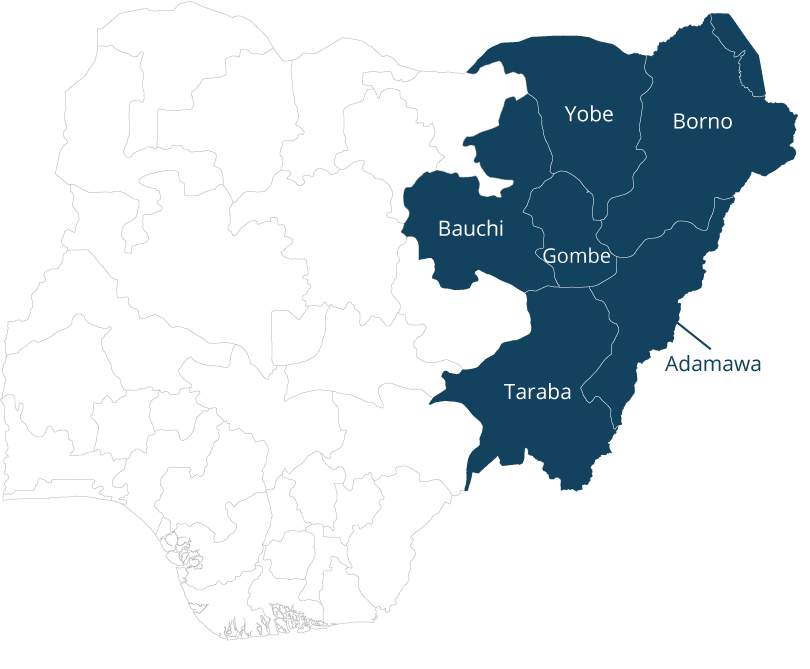
South West
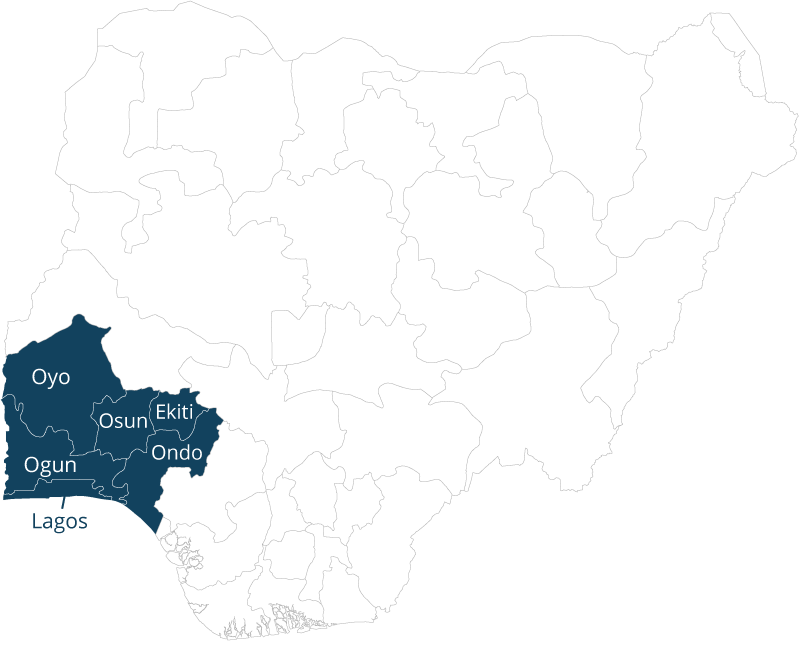
Violent clashes broke out in the South West region, involving members of rival cult militias. Between 28 December and 3 January, members of the Black Axe cult and the Eiye confraternity clashed in Ojo LGA, Lagos state, after a member of the Black Axe – also known as Aye – was reportedly murdered in the town of Igbede. At least two people reportedly died in the ensuing clashes. Additionally, a PDP chieftain was killed in Oyo township after alleged APC supporters attacked him in his residence. The APC denied party supporters were responsible for the killing and demanded a police investigation. Other unrest was reported in the region, with the Yoruba Nation Agitators demonstrating at the Gani Fawehinmi Freedom Park in Ojota, Lagos, demanding the creation of the Oduduwa Republic as a separate nation for the Yoruba ethnic group.
South South
An armed group suspected to consist of Fulani herdsmen attacked the train station in Igueben, Edo state, abducting 31 passengers waiting to board a train. The assailants, armed with AK-47 rifles, invaded the train station and fired multiple shots, injuring some passengers before retreating into the bush. Police forces and vigilantes later rescued five victims, including a retired police officer, a woman, and three kids. In a separate development, unidentified gunmen shot at the PDP youth mobilization officer in Rivers state on his way home. Additionally, a former Edo State House of Assembly member was abducted in Ubiaja, in Esan South East LGA of Edo state, while traveling to Abuja. There were also reports of attacks against INEC centers in Edo state. Demonstrations were instead reported in Benin City, Edo state, where pensioners dressed in black attire demanded the overdue payments, and Yenagoa in Bayelsa state, where LP members protested the refusal of the state government to conduct local elections.
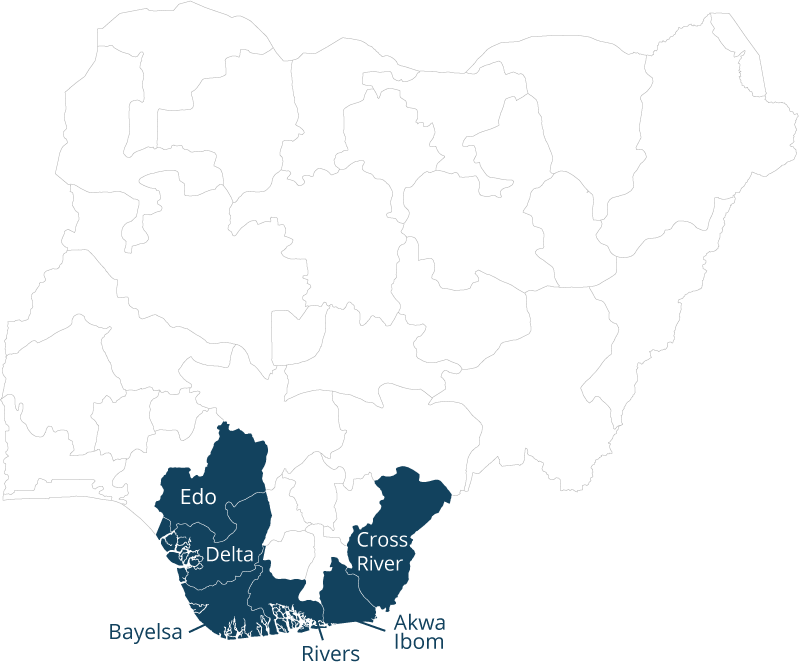
South East
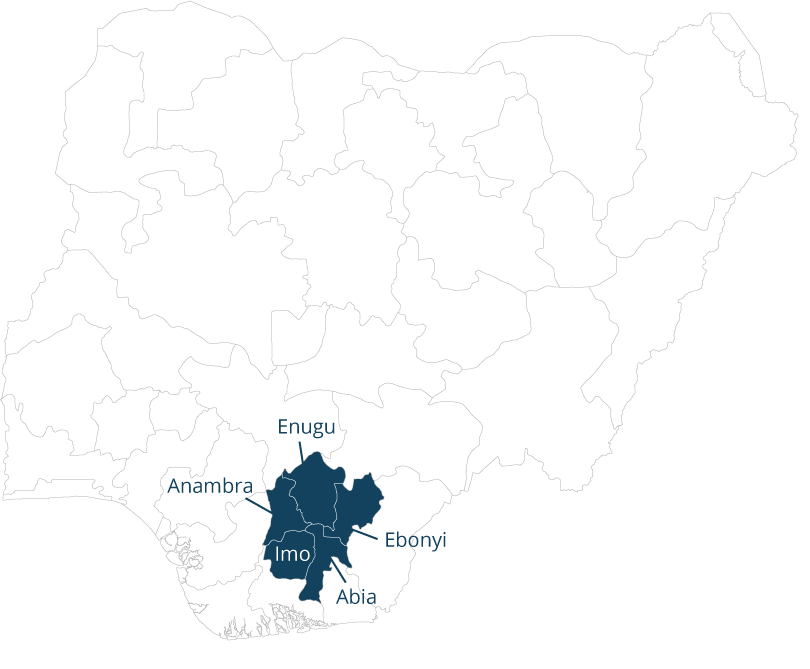
Reports of election-related violence also emerged in the South East. On 16 December, an LP candidate was murdered in Onuimo LGA, reportedly when unidentified gunmen invaded his residence. Additionally, internecine fighting erupted on 26 December in Ebonyi state between loyalists of the state APC chairman and the House of Representatives candidate for Afikpo North/South federal constituency. Three people were reportedly killed: a policeman, a community youth leader, and the APC chairman’s younger brother. On 12 January, an unidentified armed group, consisting of alleged APC supporters, attacked NNPP members in Abakaliki, Ebonyi state, during a grassroots consultation rally. The INEC office in Enugu South was also the target of a violent attack on 15 January, which reportedly led to the death of a policeman. The gunmen attempted to raid the office, but were prevented from accessing the main building due to the joint intervention by police and military forces. In other developments, turf wars between suspected cult militiamen reportedly claimed at least five deaths in Anambra state between 2 and 4 January.




